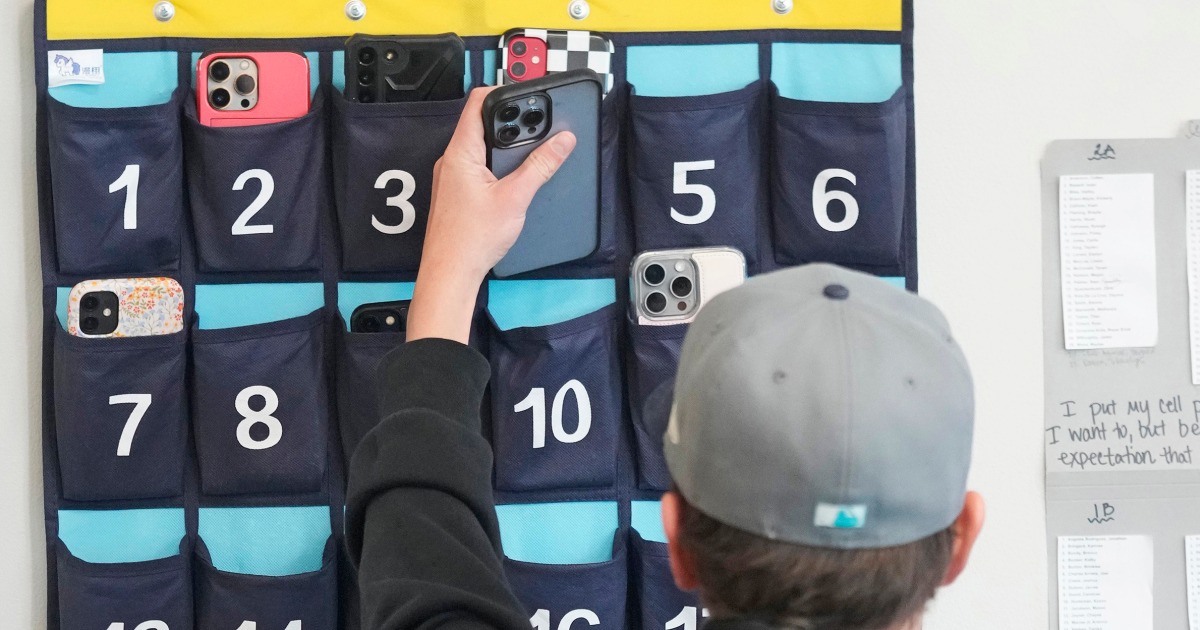In California, a high school teacher complains that students watch Netflix on their phones during class. In Maryland, a chemistry teacher says students use gambling apps to place bets during the school day.
Around the country, educators say students routinely send Snapchat messages in class, listen to music and shop online, among countless other examples of how smartphones distract from teaching and learning.
The hold that phones have on adolescents in America today is well-documented, but teachers say parents are often not aware to what extent students use them inside the classroom. And increasingly, educators and experts are speaking with one voice on the question of how to handle it: Ban phones during classes.



Okay, that is fair. The original article did not bring any numbers. And that does make me conflicted, but I think after seeing all that I saw going to a red state public school that some sort of way for students to show that their teachers did something they shouldn’t have and be believed is necessary as an alternative or we’ll go back to what I grew up with.
To be clear, speaking as someone who got to enjoy being a gay atheist teenager going to school in rural Missouri, I get your point. However, negative things that directly impacted me or people like me aren’t necessarily more important than negative impacts on other people, and when you’re faced with decisions that genuinely do come down to direct trade-offs, you have to take a comprehensive and holistic view.
To throw a stupidly exaggerated example out, if I had a button that would fire every homophobic teacher in the country but also reduce the academic performance of all students by 5%, I personally wouldn’t feel comfortable pressing it. Of course on the flip side, I probably wouldn’t enjoy being faced with the opposite button that increases all students performance by 5% but also introduces some amount of homophobic teachers. My only point here is that these aren’t simple and easy questions.